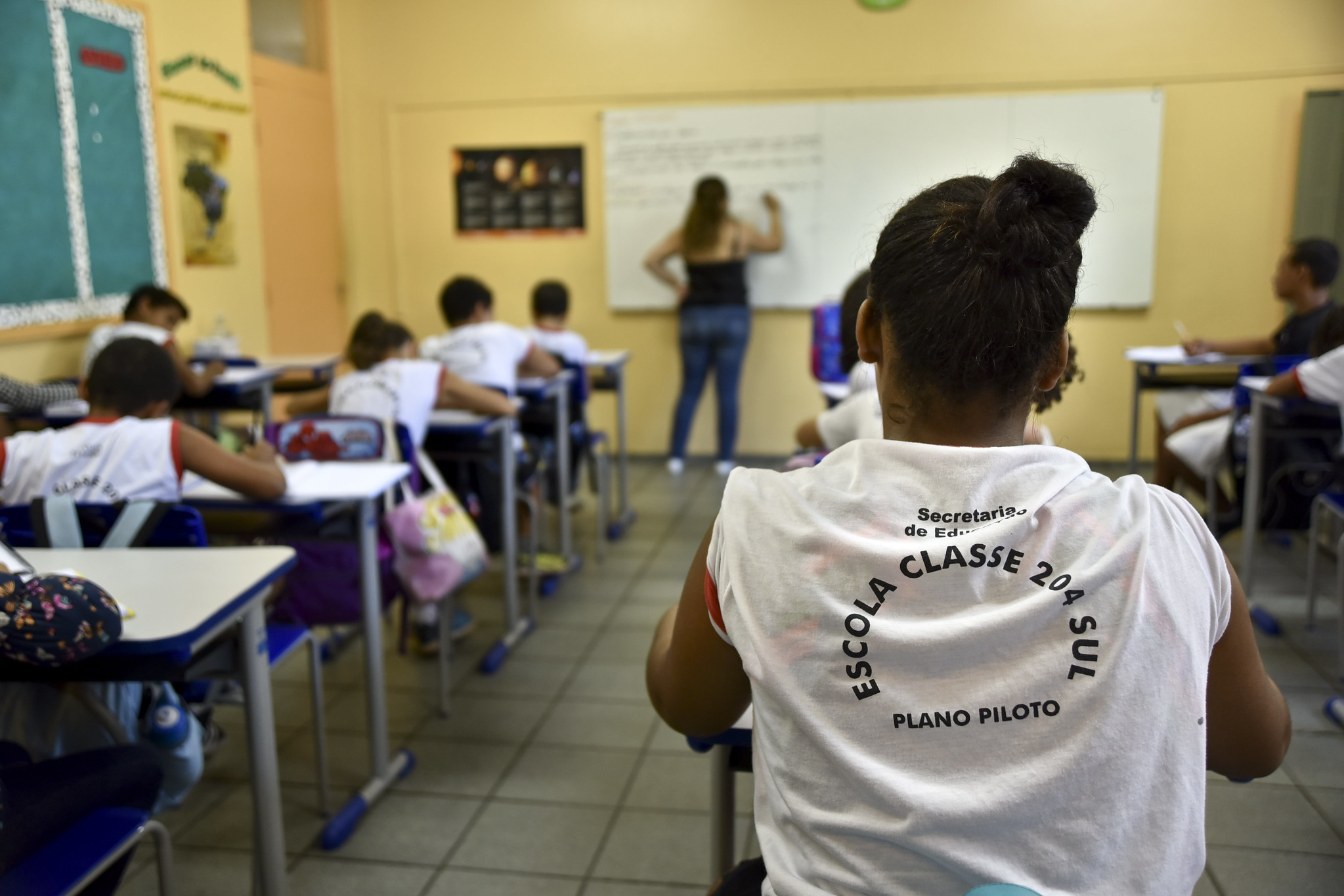We Don’t Talk About Boys: An experiment on masculinity norms in Brazil

Brazilian youth learning in classroom. Credit: Pillar Pedreira/Agência Senado Brasil
Study Context
Social norms are sometimes misperceived, which has consequences for important economic outcomes. However, little is known about why misperceptions exist in the first place. This project focuses on the role of communication in shaping misperceptions, which Ieda studies in the context of masculinity norms among 7th-9th graders in collaboration with the Secretariat of Education of the City of Rio de Janeiro.
This project is the first RCT in the economics literature to elicit norms and beliefs about men’s roles and to causally estimate how the lack of communication can perpetuate misperceived norms.
Study Design
The study assigns children to discussion groups to learn peers’ opinions about two traditional beliefs about masculinity: men who cry are weak and men should use violence to get respect. To further investigate different types of communicators, half of the intervention discussion groups allow children to volunteer to speak (vocal group) and half of the intervention discussion groups randomly pre-select students to be invited to share (representative group). Comparison discussion groups focus on a masculinity-neutral topic (recycling).
Results and Policy Lessons
During the full-scale study funded, in part, by the Development Economics Challenge, Ieda finds that one-time discussion sessions can narrow misperceptions by 50% for both boys and girls in the short-run. She also finds that there is no discernable statistical difference in effect between the Vocal and Representative groups. In the long-run the same effects persist, both in the intervention groups and the control groups, suggesting that there is not a spillover of beliefs into the general population.
These results suggest that encouraging adolescents to have a short discussion about stigmatized issues, such as masculinity, have the power to change perceptions around social norms and can be achieved with minimal cost.

